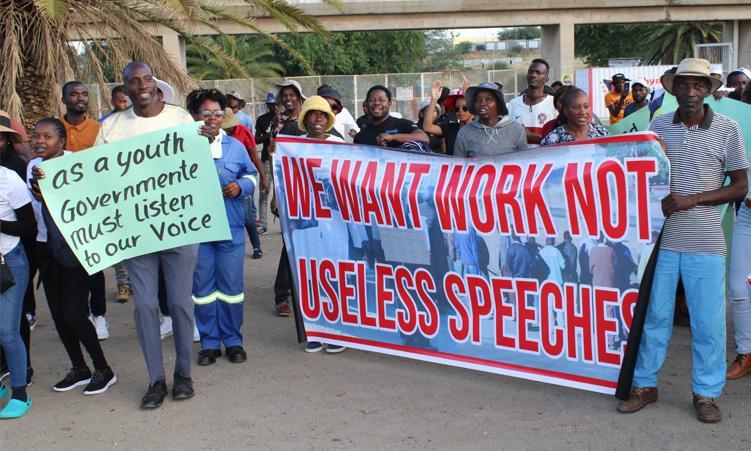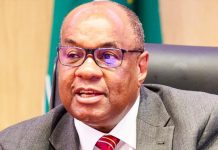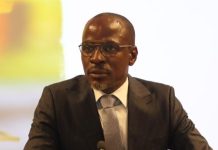Africa-Press – Namibia. Economist are warning that Namibia’s shrinking number of employers is weakening the country’s tax base and forcing the government to rely more heavily on pension funds for funding
This comes after Cirrus Capital head of research Robert McGregor in an interview with another newspaper reveals that the number of individuals identifying as employers fell from about 45 000 in 2018 to just 15 000 in 2023 – a loss of 30 000 in five years.
While the decline is widely seen as a blow to small and medium enterprises (SMEs), economists say the broader danger is the impact on national revenue.
“We are seeing less than 4% of the population paying personal income tax, and only about half a percent of the population consider themselves employers,” McGregor says.
He says this contraction is undermining the country’s tax base at a time when government expenditure continues to rise.
“With fewer employers, fewer taxpayers and rising unemployment, pressure on the fiscus only increases,” he says.
Cirrus Capital estimates that out of Namibia’s population, only 550 000 people are employed, and of those, just 115 000 are registered taxpayers.
McGregor warns that Namibia’s growing reliance on domestic borrowing, especially from pension funds, is reaching dangerous proportions.
Government borrowing needs rose from N$21 billion last year to N$26 billion this year.
“Most of that tends to come from the banking sector and pension funds, but pension funds are already holding 49% of their investments in Namibia, beyond the 45% required by law,” he says.
McGregor questions whether the country can continue depending on retirement savings to plug fiscal holes.
Economist Omu Kakujaha-Matundu says the decline in the number of employers is indicative of a weak economy and weakening local consumer demand, plus a lack of export markets.
He says there could also be other structural problems such as high reliance on primary exports and low value addition.
“Value addition is key to broadening the manufacturing base and retaining employers in the different sectors of the economy.
This would contribute to employment creation and broadening the tax base.
“Broadening the tax base would allow the government to spend more, and greater government spending would crowd in the private sector with resultant economic growth,” Kakujaha-Matundu says.
Cirrus Capital co-founder Rowland Brown on social media says the employer collapse signals deeper governance and policy failures.
“These numbers confirm again that Namibia is not hospitable to job creators,” Brown says.
He says core issues relate to policy design and leadership appointments.
Landless People’s Movement youth leader Duminga Ndala says the loss of 30 000 employers in five years reflects an economy where SMEs are fighting for survival with little state support.
“It signals an economy where innovation is stifled by excessive bureaucracy, investment remains low due to weak investor confidence, and the policy landscape remains heavily state-centred,” she says.
Ndala calls for an emergency package including low-interest SME loans, 40% to 50% of public procurement ring-fenced for Namibian SMEs, and tax incentives for job creation.
McGregor says Cirrus Capital has revised its 2025 growth outlook to around 3%, barely covering population growth.
“To address shrinking revenue, unemployment and falling employer numbers, Namibia needs growth of 4% to 6%,” he says.
He says while opportunities exist in oil and gas, uranium, gold and agriculture, investor confidence has deteriorated.
The Namibian uses AI tools to assist with improved quality, accuracy and efficiency,
For More News And Analysis About Namibia Follow Africa-Press






